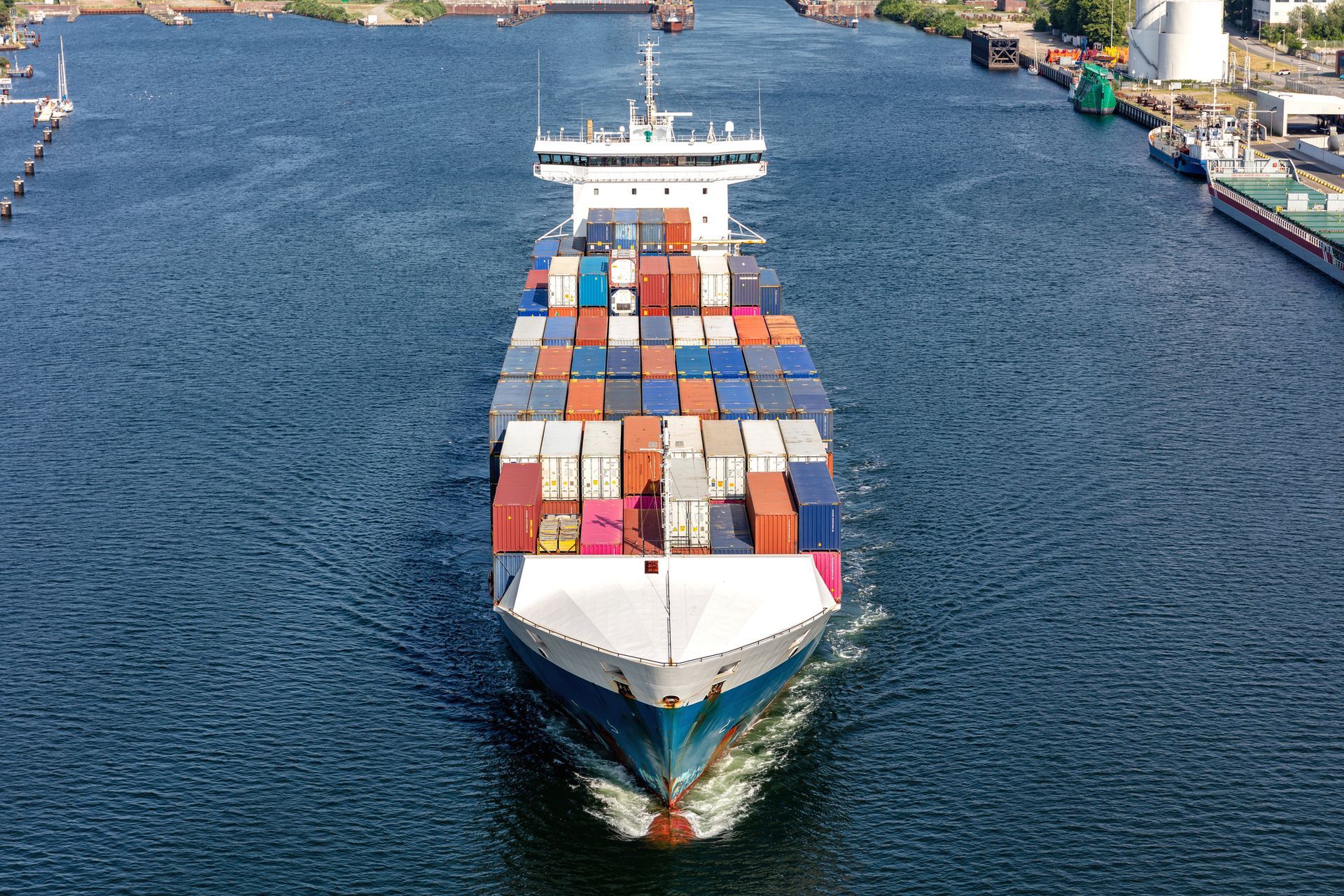
How would you define the key to a successful transportation negotiation? Many might argue that it’s clarity regarding the responsibilities of each party involved, avoiding unpleasant surprises and ensuring that goods arrive at their intended destination safely and efficiently.
In the world of international trade transactions, this clarity is often provided by Incoterms (International Commercial Terms) – terms created by the International Chamber of Commerce that define the responsibilities of buyers and sellers.
Among these terms, the Incoterm CIF is widely used in maritime transactions. However, understanding the nuances of the Incoterm CIF is essential to ensure that both parties understand their responsibilities from the moment of shipment to the final delivery of the goods.
In this article, we will explore what the Incoterm CIF is, how it works, the responsibilities involved for the seller and buyer, and the importance of insurance in this context to ensure a smooth and successful negotiation.
Incoterm CIF: What Is It?
The Incoterm CIF, which stands for "Cost, Insurance, and Freight," defines the obligations of the seller and the buyer in international trade transactions where the goods are transported by sea. Under this term, the seller covers the costs until the cargo reaches the destination port and is responsible for arranging insurance for the cargo during transport.
The Incoterm CIF is primarily used for goods crossing oceans, being common in sectors such as commodities, oil, and agricultural products. It provides a clear structure regarding who pays and who is responsible at each stage of transport.
How the Incoterm CIF Works
When an international sales contract uses CIF, the seller is responsible for delivering the goods onto a ship at the port of shipment, paying the freight for transport to the destination port, and arranging a minimum level of insurance during the maritime journey.
The transfer of risk from the seller to the buyer occurs when the goods are placed on board the ship at the port of origin.
From that moment on, any damage or loss that may occur during transport is the buyer’s responsibility, even if the seller has arranged insurance.
If the goods do not arrive in perfect condition, in lesser quantities, or even if they do not arrive at all, the seller will have fulfilled their part by delivering them onto the ship.
A reminder: when citing this rule, the appropriate way to reference it is: CIF (followed by the specific destination port) Incoterms 2020.
What Are the Responsibilities Under Incoterm CIF?
The Incoterm CIF clearly defines the responsibilities for both the seller and the buyer. These responsibilities are divided into two main phases: in the country of origin (seller) and in the country of destination (buyer).
In the Country of Origin (Seller’s Country):
The seller is responsible for:
- Packing the goods;
- Identifying the products;
- Loading the goods at the origin;
- Managing internal transportation;
- Arranging insurance in the country of origin;
- Covering export duties;
- Complying with customs procedures in the country of origin;
- Storing the goods, if necessary;
- Absorbing shipping expenses;
- Handling the stowage.
Both parties (Seller and Buyer) are responsible for:
- Conducting inspections;
- Carrying out surveys.
Between the Country of Origin and the Country of Destination:
The seller is responsible for:
- Arranging transport;
- Contracting international insurance.
In the Country of Destination (Buyer’s Country):
The seller is responsible for:
- Unloading the goods.
The buyer takes on the following tasks:
- Handling the goods after unloading;
- Storing the products when necessary;
- Dealing with customs procedures at the destination;
- Paying import duties;
- Organizing internal transport in the destination country;
- Contracting insurance in the destination country;
- Unloading the goods from transport vehicles, if applicable.
Clarity in responsibilities facilitates negotiations, ensuring that both parties are aware of their roles when using the Incoterm CIF.
Insurance in the Incoterms CIF
One of the central aspects of CIF is the insurance, which must be arranged by the seller to cover potential losses or damages that may occur during maritime transport. However, it’s important to highlight that the mandatory insurance under CIF only covers a minimum amount, usually equivalent to 110% of the value of the goods, and is limited to basic conditions.
The buyer, when opting for CIF, should be aware that the insurance arranged by the seller may not fully cover their interests. If they desire broader coverage, the buyer can arrange additional insurance at their own cost to ensure more comprehensive protection against potential losses or damages.
How to Learn More About Incoterms?
Incoterms are essential international rules that clearly establish the responsibilities and obligations of buyers and sellers in commercial transactions. If you are not yet familiar with these guidelines, it is essential to start understanding their provisions to ensure more transparent transactions without surprises.
To clarify and simplify these concepts, our team of experts has created an Ebook especially for you: "Incoterms: Everything You Need to Know." This material is not only detailed but also completely free and was developed to provide a deep understanding of the subject.
By deciding to download our guide, you will also receive, at no cost, the complete table of Incoterms. It’s worth mentioning that the latest updates to these rules were made in 2020, making our material up-to-date and aligned with the latest commercial practices.
Dive deeper into this topic and ensure a safer and more effective approach in your international negotiations!
Continue a navegar no blog da Allink

Mantenha-se informado sobre o comércio exterior
Assine nossa newsletter e receba atualizações semanais de forma gratuita sobre o mundo da logística.




